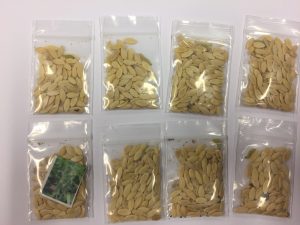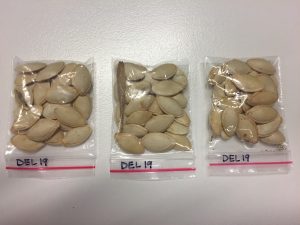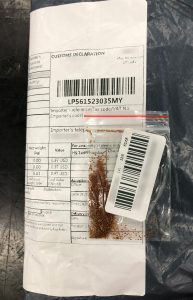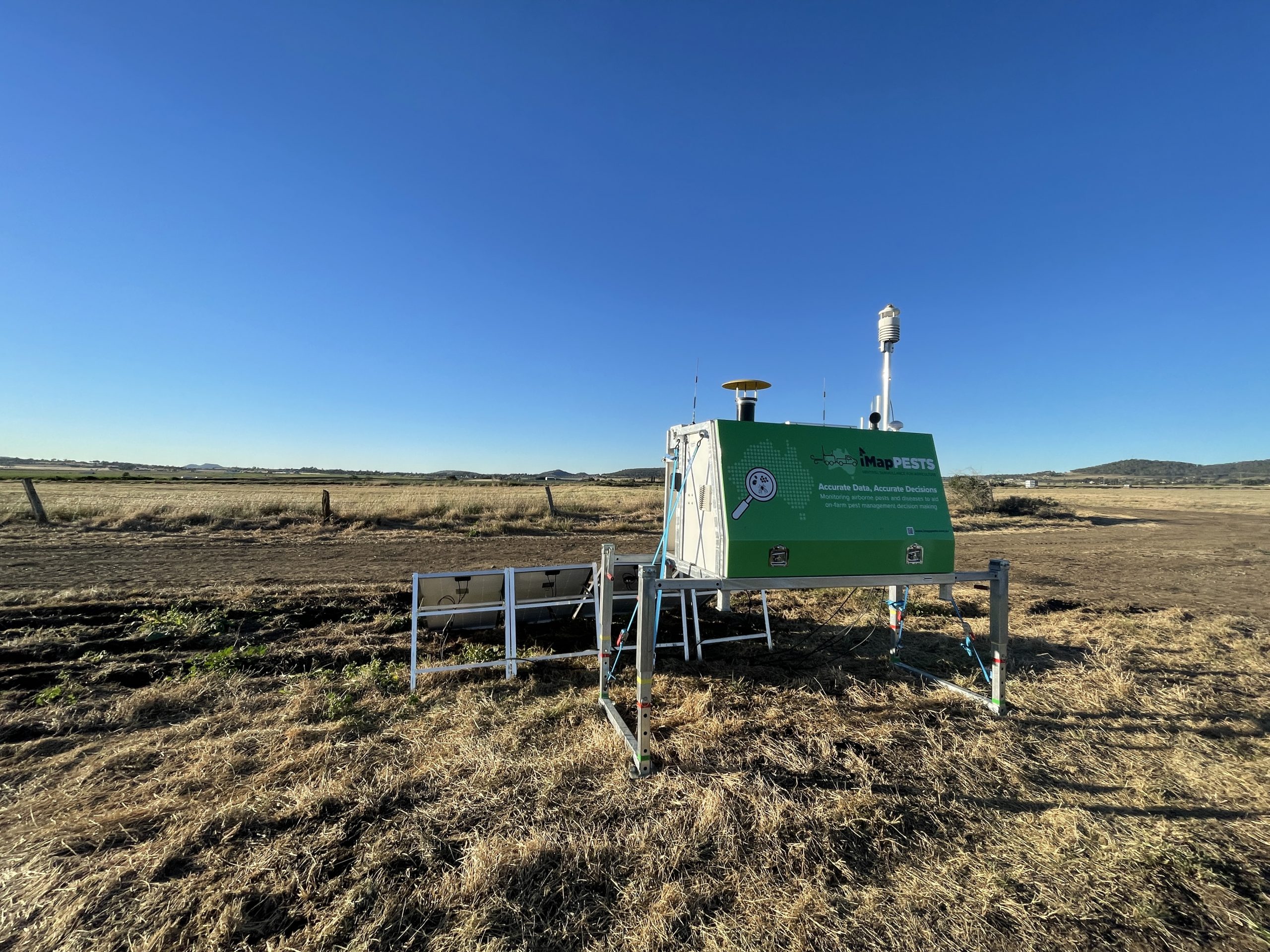
Sentinels without borders: Cross-country travel on the agenda
25 November 2021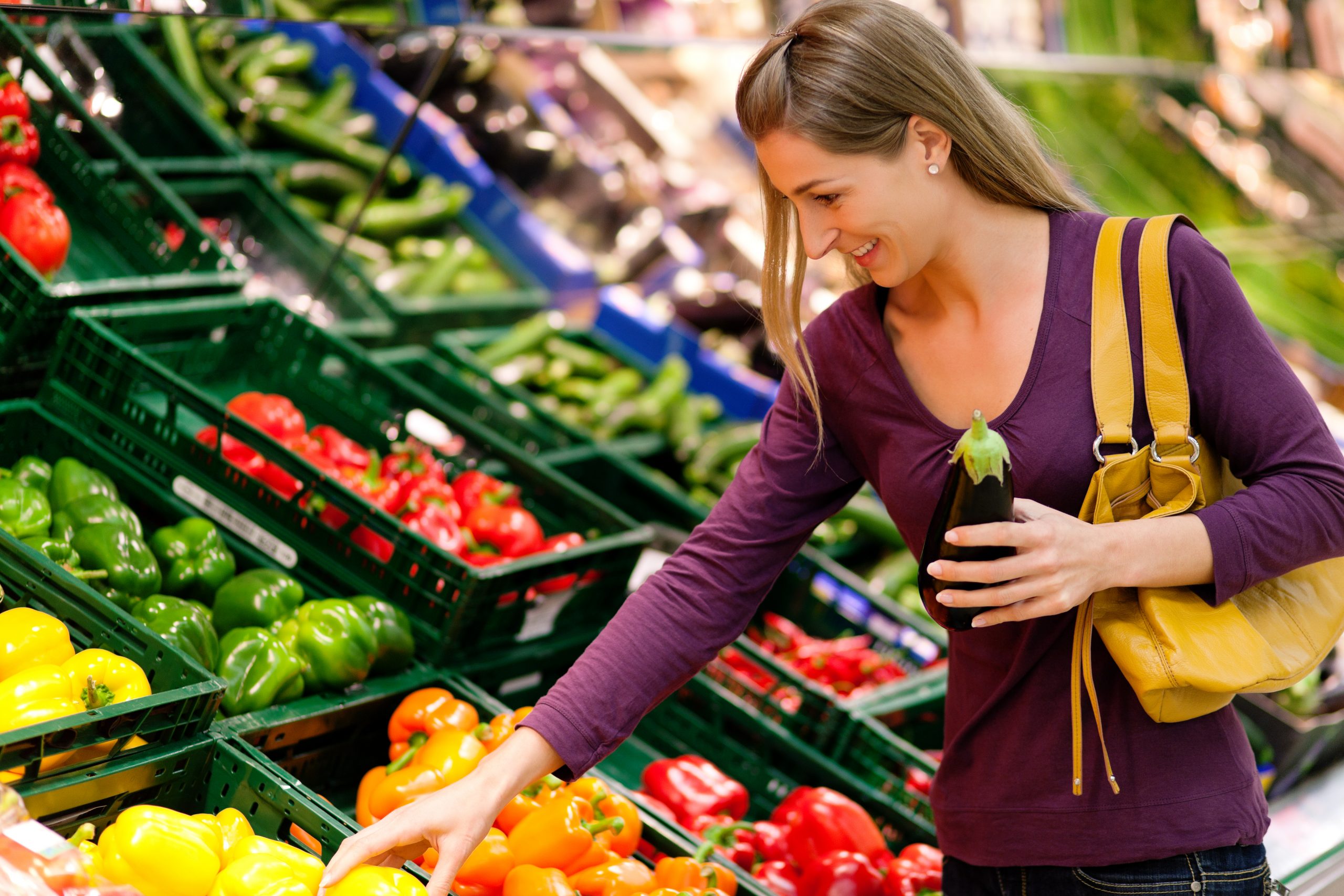
Life beyond COVID-19: Key trends as we move to post-COVID ‘normal’
25 November 2021Global online shopping has boomed in recent years, and there are some parcels that can have a detrimental effect on Australia’s biosecurity system. Seeds and other plant material purchased overseas have the potential to harm our horticultural industries – including vegetables – with unwanted pests and diseases entering the country. Australian Chief Plant Protection Officer, Dr Gabrielle Vivian-Smith, outlines these threats and how they are being managed.
Many Australians have turned to online shopping to purchase goods from overseas, and this includes seeds.
While this might seem like a convenient and cost-effective idea at the time, some online shoppers might not be aware that they are potentially wasting money and putting our country at risk.
The import of seeds and other plant products into Australia is tightly regulated under the Biosecurity Act 2015, to ensure harmful pests and diseases are not introduced into Australia. These can cause significant agricultural, environmental and economic harm.
Seeds that are bought online from overseas can pose a significant biosecurity risk for Australia. They can carry a range of diseases – including viruses, exotic insect and weed pests – that could impact on our vegetable and fruit industries, backyard gardens and environment.
Australia has strict conditions for seed imports, and these are in place to manage the significant risks. Some seeds cannot be imported to Australia as the risk of introducing unwanted plant diseases and serious weed species is too high. Others can, provided you meet strict import conditions.
The mail on seeds
Seeds are the most intercepted biosecurity risk item through the mail. In 2020, over 55,000 intercepted mail articles contained seeds – equating to 72 per cent of the total interceptions for the period. Any of these seeds could have posed a biosecurity risk.
Since July 2020, there have also been continued reports of Australians receiving unsolicited packets of seeds from overseas. It is suspected that this could be part of an e-commerce brushing scam.
As of 24 August 2021, there had been 335 cases of unsolicited seeds destined for addresses across Australia. These seeds can also pose a biosecurity risk, as they have arrived in Australia without adhering to the appropriate import conditions.
Recently, the Department of Agriculture, Water and the Environment, in collaboration with Agriculture Victoria, conducted a research project where a range of cucumber, melon and zucchini seeds were purchased online from overseas suppliers. These were imported under a specific biosecurity permit for testing purposes.
Disease threats
Almost 75 per cent of the seed consignments that arrived as part of the project carried vegetable and fruit viruses that are a biosecurity concern.
If these seeds were bought by members of the public and planted, it could have had devastating impacts.
The viruses that were detected include Melon necrotic spot virus (MNSV), cucumber green mottle mosaic virus (CGMMV), Squash mosaic virus and potyviruses.
These viruses are a significant risk to Australia’s vegetable and fruit industries, as well as backyard gardens, our environment, and overall plant health. Some viruses are very hardy and once they are present in cultivated fields they are often there to stay.
MNSV causes disease in cucurbit crops, including cucumber, honeydew melon, rockmelon, and watermelon. It impacts on fruit quality but can also cause fruit to rot prior to harvest. It can survive in the soil through its association with a fungal parasite that is present in Australia.
CGMMV mainly affects cucumbers and melons. It is another devastating fruit disease that affects fruit quality and makes them generally unmarketable. It is difficult to manage as it is highly contact transmissible and can readily survive in water and soil from one crop to the next, and is spread in infected seed and plants.
Squash mosaic virus affects squash plants, including melons. Fruit of infected plants become mottled and misshapen.
Protecting our country
To better manage seed biosecurity risks, last year Australia banned imports of cucumber, melon and zucchini seeds – as well as seeds of other high-risk commodities – through international mail.
On arrival in Australia, biosecurity officers check that imported seeds are free from biosecurity risk material and meet all import conditions. Seeds that do not meet the import conditions may require testing or treatment.
If the biosecurity risk cannot be successfully treated, the seeds will be exported or disposed at the importer’s expense.
Illegal imports of seeds can be subject to enforcement action by the department. There are significant penalties if you are found to have breached Australia’s biosecurity conditions. This can include fines and potential prosecution.
The recent testing of seeds from overseas demonstrates the reality of the risks that Australia is potentially facing. It is a vital reminder that we all need to play our part and not purchase goods from overseas that could be a biosecurity risk.
If you are considering buying seeds online from overseas, don’t just click purchase. Be biosecurity aware and check the conditions first.
If you are unsure, don’t buy them.
Find out more
For more information on the biosecurity conditions for seed imports, please click here.
It is vital that any unsolicited seeds be reported to the See. Secure. Report hotline on 1800 798 636.
For further details on AUSVEG’s biosecurity activities, please contact the AUSVEG Extension & Engagement Team on 03 9882 0277 or email science@ausveg.com.au.
The Farm Biosecurity Program is funded by the Plant Health Levy.
Cover image: Examples of unidentified, unsolicited seeds received through the mail. All images courtesy of the Department of Agriculture, Water and the Environment.


